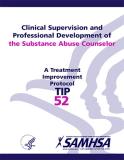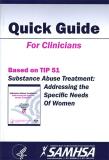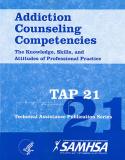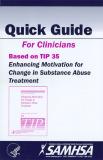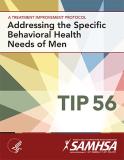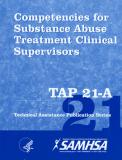
This manual lists competencies for effective supervision in substance use disorder treatment programs. It provides step-by-step guidance for implementing comprehensive supervisory training and workforce development.
Units per Product
Download
TAP 21-A
File Type: PDF
File Size: 2.21 MB


